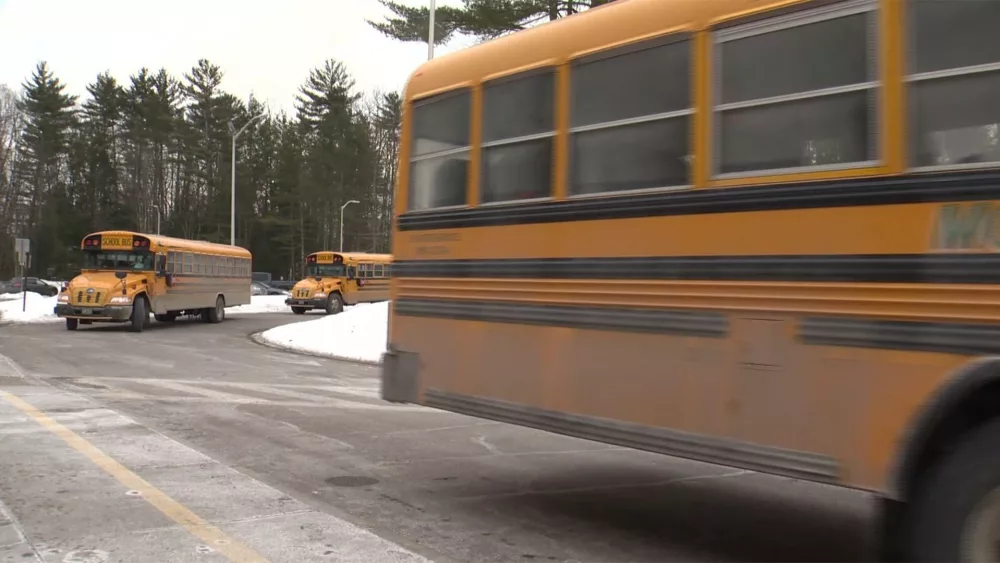MONTPELIER, Vt. (WCAX) – Proposals in Montpelier to blunt the impact of soaring property taxes have some school districts sounding alarm bells.
Vermont lawmakers are working on a fix to help bring down an expected 20% increase in the statewide education property tax rate, including letting towns push back school budget votes and retooling a law passed two years ago aimed at improving educational equity in low-income school districts.
That change would only push property tax rates higher in Stowe with residents facing a 38% hike.
“This sort of change in the tax law will have a lasting impact on our community and the people that will be able to stay in their homes,” said Ryan Heraty, the superintendent of the Lamoille South Supervisory Union.
The North Country Supervisory Union, comprised of 15 towns in the Northeast Kingdom, is slated to benefit from the education reforms. But Superintendent Elaine Collins says a massive shift in property valuations is also putting upward pressure on taxes.
“We have a good track record with being able to pass budgets in North Country but this year it feels a little less certain and unsure,” Collins said.
The city of Barre– still reeling from the floods and the loss of dozens of homes to the grand list– is moving its budget vote to May. City Clerk Carol Dawes says town clerks in districts pushing budgets back will have to organize another election in the spring.
“It’s a perfect storm at a time when we don’t want to be talking about storms anymore,” Dawes said.
This year’s eye-popping increase is driven by a number of factors, like inflation, health care costs, school construction and those reforms. But what we spend generally on education has also spiked in recent years. Collins says social problems are falling on schools and they are forced to spend on food, mental health, clothing, transportation and more.
“We need to find a different funding mechanism if we’re going to expect that schools are doing more and more outside of the scope of academics,” Collins said.
In Stowe, Heraty says this year is a wake-up call and will spark a bigger discussion about education spending.
“We need to recognize that we only have so much money and we need to operate like any family does– within our means,” Heraty said.
The Senate Finance Committee took testimony on the school budget adjustment bill Thursday. They hope to have it passed and signed by the governor before Town Meeting Day on March 5.
Related Stories:
Vt. lawmakers propose delay in school budget votes
Lawmakers scramble to address anticipated 20% property tax hike
Vt. lawmakers grapple with anticipated property tax hike
Gov. Scott pitches $8.6B budget plan to Vt. lawmakers
New pupil weighting laws in effect as school budget season approaches
Vt. education spending forecast to drive 18.5% property tax hike

